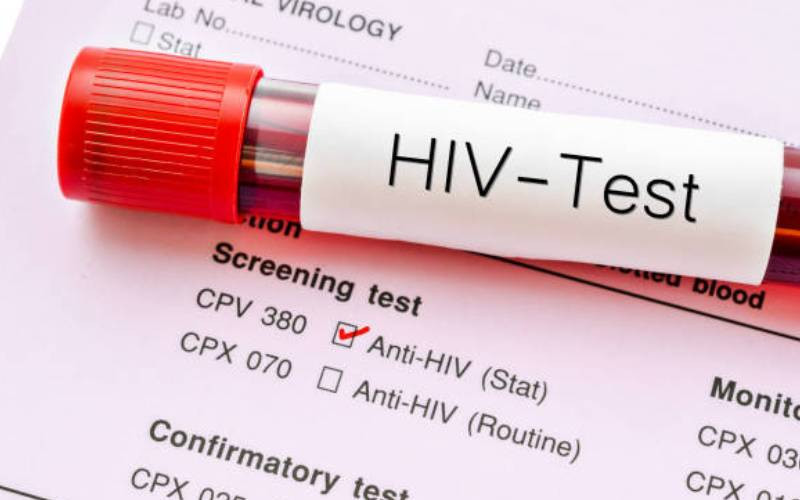×
The Standard e-Paper
Fearless, Trusted News

This year's theme for World Aids day is putting ourselves to the test: Achieving Equity to end HIV. Every day a person tests positive for HIV.
It seems that a lot has changed except for the rate at which the infected persons are stigmatised. This day is marked to create more awareness concerning the disease, support those infected in all aspects and honour those who died from HIV-related diseases.